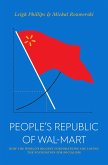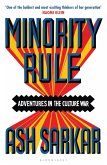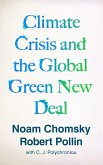Neoliberalism is dead. Again. After the election of Trump and the victory of Brexit in 2016, many diagnosed the demise of the ideology of Margaret Thatcher, Ronald Reagan, Augusto Pinochet, and the WTO. Yet the philosophy of the free market and the strong state has an uncanny capacity to survive and even thrive in crisis. Understanding neoliberalism's longevity and its latest permutation requires a more detailed understanding of its origins and its varieties. This volume breaks with the caricature of neoliberalism as a simple belief in market fundamentalism and homo economicus to show how neoliberal thinkers perceived institutions from the family to the university, disagreed over issues from intellectual property rights and human behavior to social complexity and monetary order, and sought to win consent for their project through the creation of new honors, disciples, and networks. Far from a monolith, neoliberal thought is fractured and, occasionally, even at war with itself. We can begin by making sense of neoliberalism's nine lives by sorting out its own tangled histories.
Hinweis: Dieser Artikel kann nur an eine deutsche Lieferadresse ausgeliefert werden.
Dieser Download kann aus rechtlichen Gründen nur mit Rechnungsadresse in A, D ausgeliefert werden.
Hinweis: Dieser Artikel kann nur an eine deutsche Lieferadresse ausgeliefert werden.









